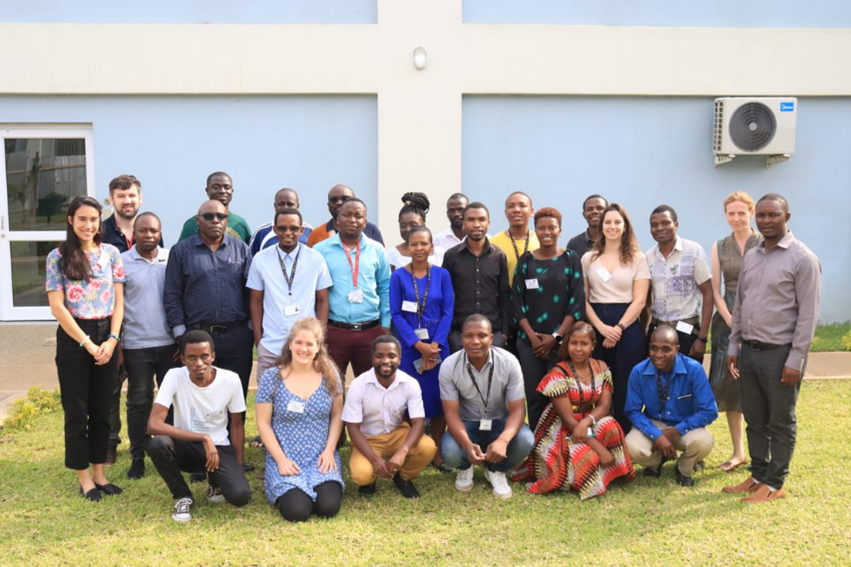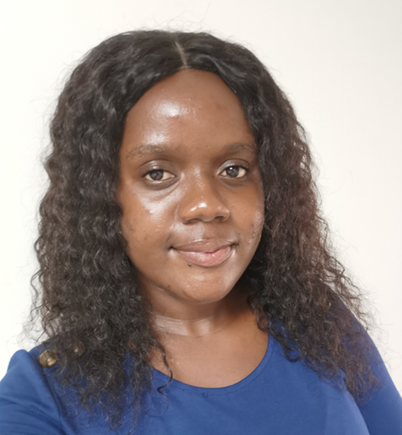From 28th November to 2nd December, Dr. Donnie Mategula and the Infectious Disease Epidemiology hosted a team from Imperial College London (ICL) that delivered a one-week workshop to introduce participants to basic infectious disease models and the use of these models in informing planning and policy. The workshop centred around the theme of malaria, which is particularly relevant in Malawi where malaria accounts for 40% of hospitalisations in-country.
In attendance were 23 attendees with various backgrounds, including MLW graduate students, clinical research staff, several Malawian universities, Partners in Health, the Malawi Ministry of Health, and the Ministry of Education. Leads of Monitoring and Evaluation from the Malawi and Tanzania National Malaria Control Programs (NMCP) were also in attendance.
Five travel bursaries were offered to four Malawians from outside of Blantyre and one to a Kenyan Biostatistics teacher.
The workshop began by introducing participants to SIR type models and having them write out Peter White’s tuberculosis model using pen and paper, followed by coding simple SIR models using the web coding interface and coding a Ross-MacDcoding-like malaria model. Lectures and practicals were interspersed with activities such as a career panel, guest speakers from the Tanzania and Malawi Ministry of Health, and a malaria model journal club. By the end of the week, participants explored the Malaria Intervention Tool (MINT) and conducted a stratification exercise to allocate resources and interventions to fictional administrative units. The activity coincided nicely with a real-life NMCP malaria burden stratification exercise that occurred in Blantyre the same week. The team had the opportunity to present to the NMCP Technical Working Group on the use of modelling to help with malaria prevention policy.
Feedback from the course participants was great, as they loved the hands-on practicals.
– “This was impactful. I will never be the same”
– “It was a timely course. Very informative and relevant to our current infectious disease problems.”
…and the favourite comment:
– “It simplified the fear I had for the field of “mathematical modeling.” I initially thought modelers were from the outer world.”
The most common suggestion was to extend the workshop from one to two weeks to give participants more time to engage with the models and to understand key concepts.
Exploring the next steps, NMCP gave positive feedback on their high interest in including malaria modeling in their ongoing decision-making around subnational intervention stratification. The program manager Dr Kayange suggested some of the course participants be supported by ICL to join the next intervention stratification meetings and explore how to involve them in future technical support from academic partners to malaria control decision-making.
Well done, Team!!



